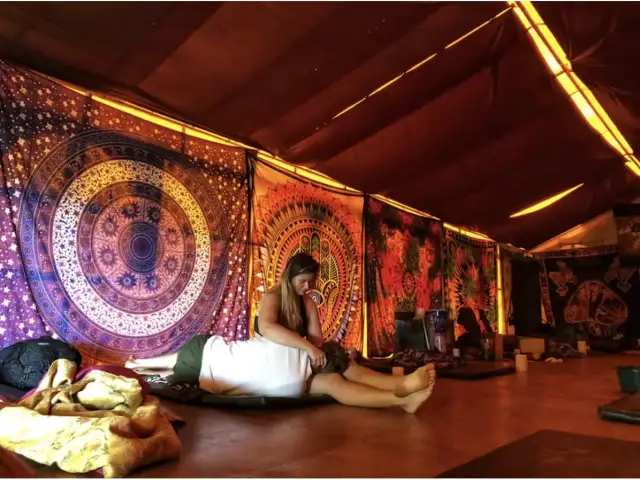I’d like you to imagine, just for a moment, what it would look like if English professors gatekept literature the way that some Mental health professionals—and casual members of the general public—gatekeep autism.
“I’ve been reading a lot lately. Have you read One Hundred Years of Solitude? That book really moved me. I think it could be the most beautiful book I’ve ever read.”
“Well, is your Ph.D. in literature?”
“I don’t have a degree. My sister and I help my dad run his business. But I’m very well-read. I’ve been reading literature and literary criticism for some time.”
“I’m going to stop you right there. Unless you’re a professional, you really have no business talking about what books may or may not be beautiful. I doubt you understand the basics of the storytelling devices or rhetorical constructions behind half of what you’ve read, and, besides, One Hundred Years of Solitude is so trendy right now, ever since a bunch of BookTokers saw the mini-series.”
“Excuse me, I know my own tastes; I’m fairly certain I know a beautiful book when I read it.”
“You don’t, but TikTok has convinced everyone that reading is cool, so now everyone thinks they can understand literature. Stop self-identifying artistic accomplishments when you haven’t been awarded the proper credentials.”
“But that’s a matter of access, time, and money.”
“Please speak up, I can’t hear you from way up here in the cloudy heights of my own vast superiority.”
Or, maybe the metaphor would be more powerful if you think about a plumber visiting your house, which might look something like this:
“We have a clogged drain. I think it’s probably the roots from that old sycamore getting into the pipes. They’re old cast iron, which I’m sure haven’t been replaced since it was built in the ‘30s.”
“Oh, is that so? And how long have you been a plumber?”
“I just noticed that sewage is backing up, along with dirt and debris, so I Googled it and watched a YouTube video and saw that this problem is way out of my league. So, I called you.”
“You went to YouTube University, did you? Sorry, I’m just not buying it. We’re going to have to treat this as depression, right now, and if medication doesn’t clear it up in a few months, we can send out a diagnosing handyman.”
This is what you sound like when you unilaterally decide that self-identifying autism and/or ADHD isn’t valid. In nearly every instance of this, what we find is that people are discounting the lived experience and knowledge of absolute strangers, whether they be through comments online or interactions in a doctor’s office. Even though studies have shown one-to-one correlations between self-identified autistics and professionally diagnosed autistics when it comes to symptomology, stigma, employment history, and social challenges (McDonald, 2020), these gatekeepers stand strong at their self-appointed posts, letting no one in without their personal permission.
What Harm Is There in Gatekeeping?
The truth of the matter is that we know that those who are self-diagnosing are more educated on the subject of autism than those who are not; we know that those who are self-diagnosing are struggling in all the same ways as those who have been diagnosed; and we also know that autism is severely underdiagnosed, despite what the colloquial skeptic ferociously types in the comment section. The barriers to diagnoses are many, but in one study (Lewis, 2017), the single biggest barrier cited by autistic individuals is the fear of not being believed.
Shifts and awakenings happen. Cultural awareness expands. What appears to be a trend to the casual social media user is actually a wealth of answers, a source of empathy, and a toolkit for self-understanding to a hidden, marginalized population in desperate need of a little compassion.













